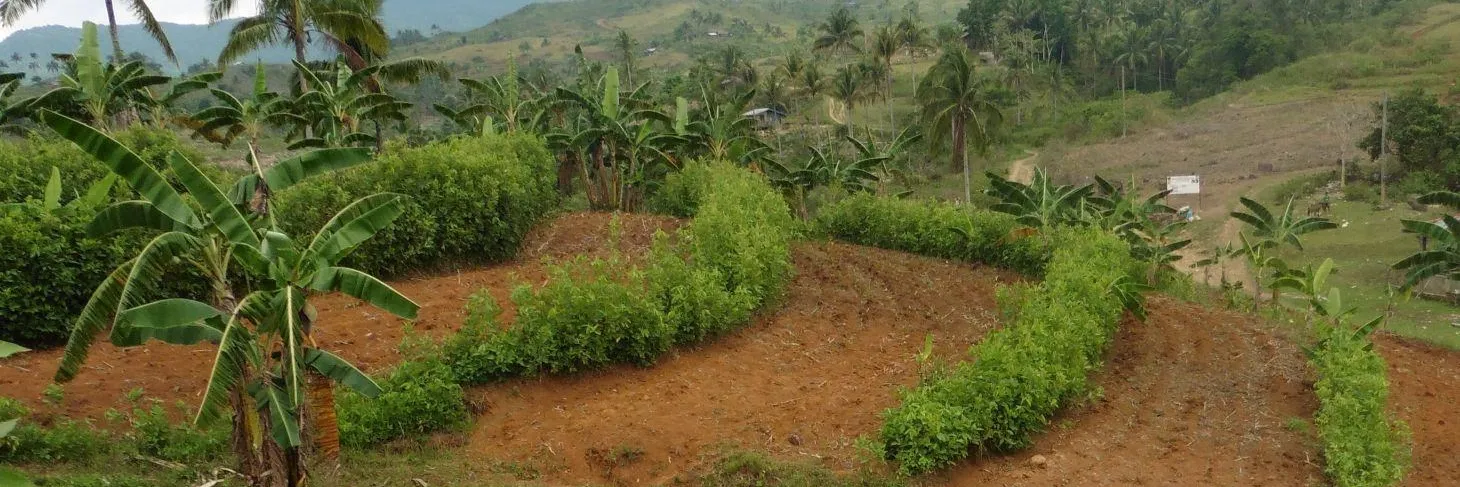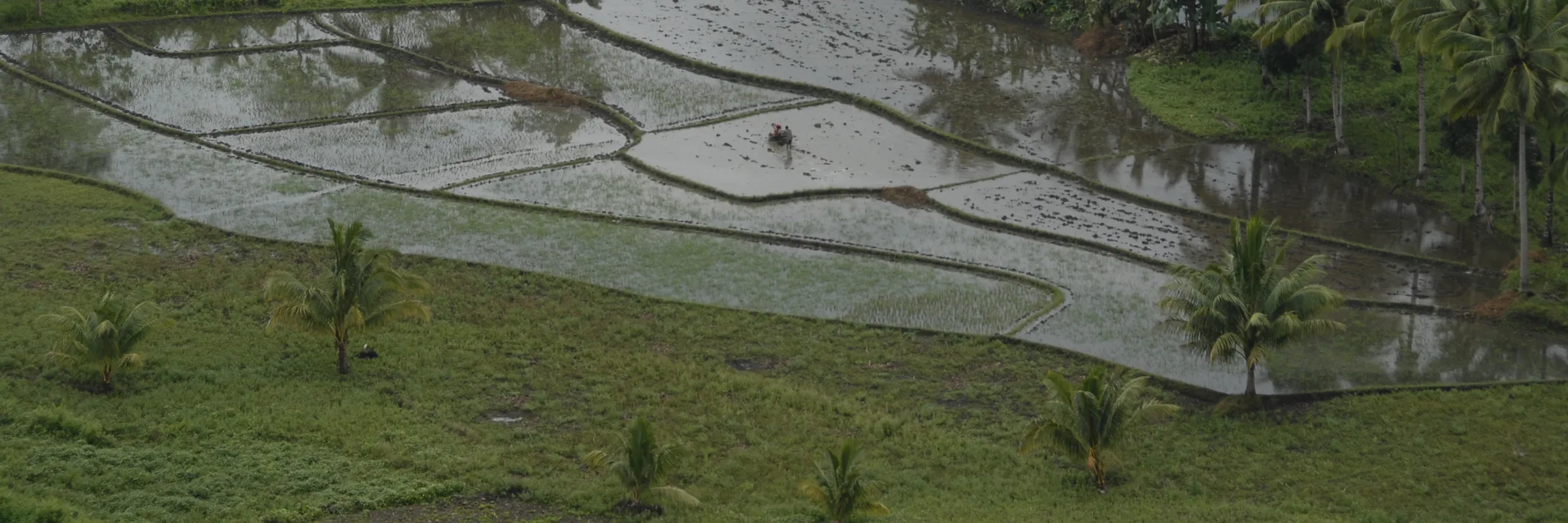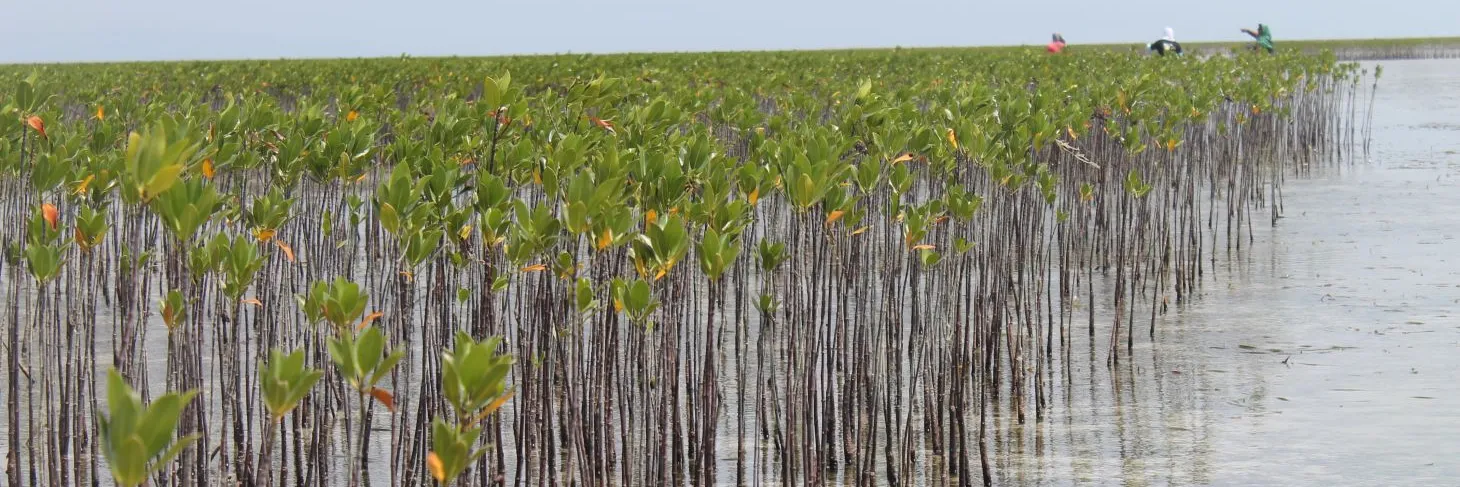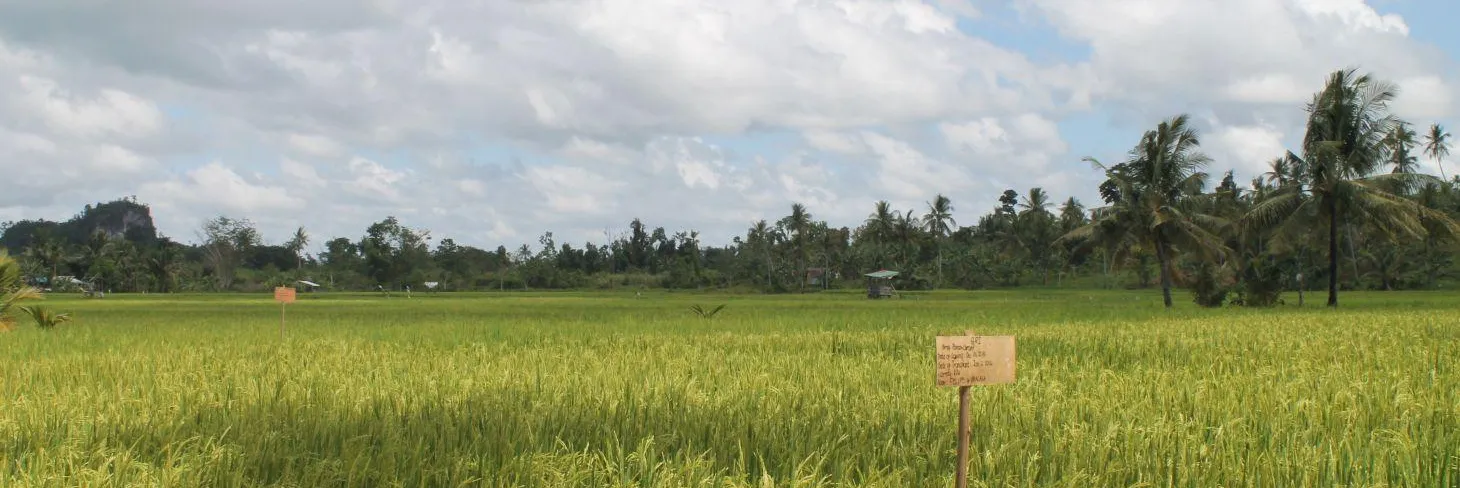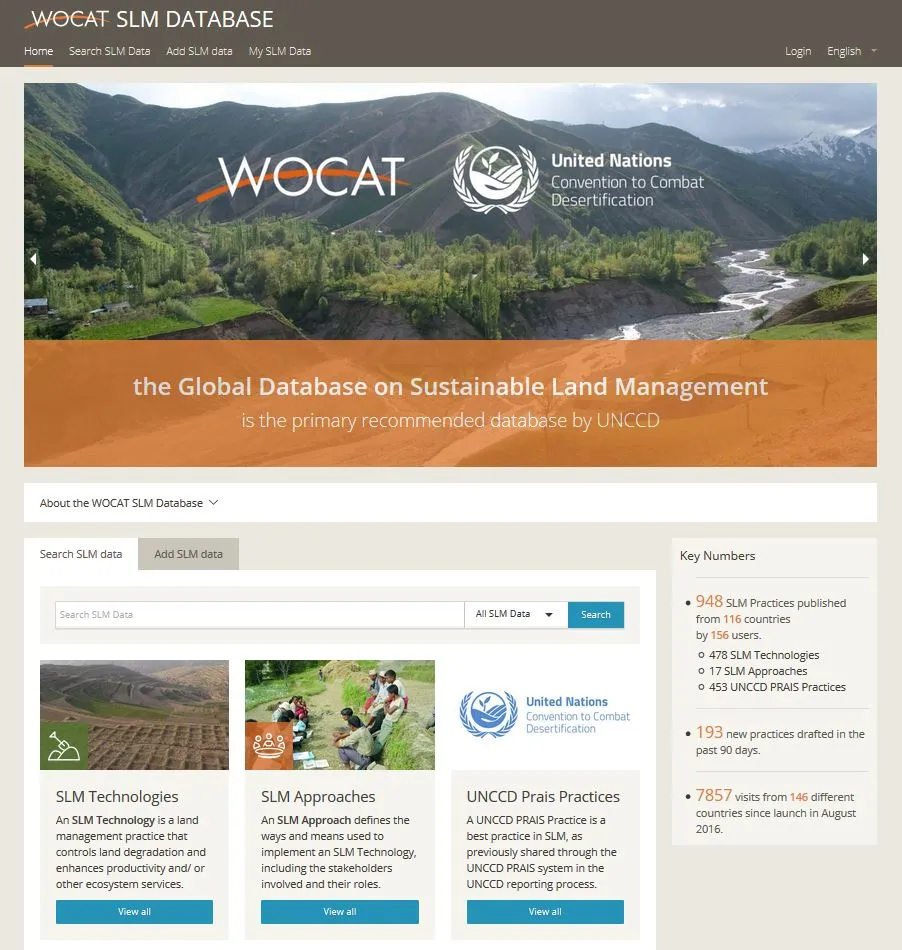Philippines
About DS-SLM in the Philippines
The implementation of DS-SLM project in the Philippines focused primarily on capacity building activities by utilizing the budget of US$41,000 available for the project. In order to implement the 7 modules (i.e., as required under Decision Support Framework for SLM mainstreaming and scaling out),project activities were linked to on-going related projects that are aligned to the module requirements, which were then translated as co-financing components for the DS-SLM project. This arrangement facilitated multi-stakeholders engagement in the project implementation. The most notable contribution from among these DS-SLM related projects was the “Development of Decision Support Tools on Sustainable Land Management as a Key to address Abiotic Stresses in Areas Vulnerable to Climate Change”. Building on existing wealth of knowledge, the project used the WOCAT tools and methods in documenting 22 SLM technologies and 6 SLM approaches as implemented by national government agencies, local government units, CSO, academe, and private sector. Knowledge products such as reports/books, IEC materials, videos, and website were generated, which are now being used at the planning level. Through the project, these outputs were translated into decision support tool that is accessible through the PhilCAT-SLM web-site available on-line. Afterwards, outputs were communicated to planners and local decision makers. As a result, these outputs became a menu of SLM practices for several on-going projects which also became parts of the co-financing for the DS-SLM project. These outputs were also considered in the development of the integrated land management framework (ILMF) as a component of the “Guidelines for Mainstreaming SLM in the local government units’ (LGUs’) Comprehensive Land Use Plan. Said outputs also provided a “basket” of SLM options for a GEF 6 Project Document “Integrated Approach in the Management of Major Biodiversity (BD) Corridors in the Philippines and as SLM plug-in for the KM component of another GEF 6 Project Document “Enhancing biodiversity, maintaining ecosystem flows, enhancing carbon stocks through sustainable land management and the restoration of degraded forestlands”.
Contact
 Philippines
PhilippinesResults according to the methodological framework
Final Report
Publications
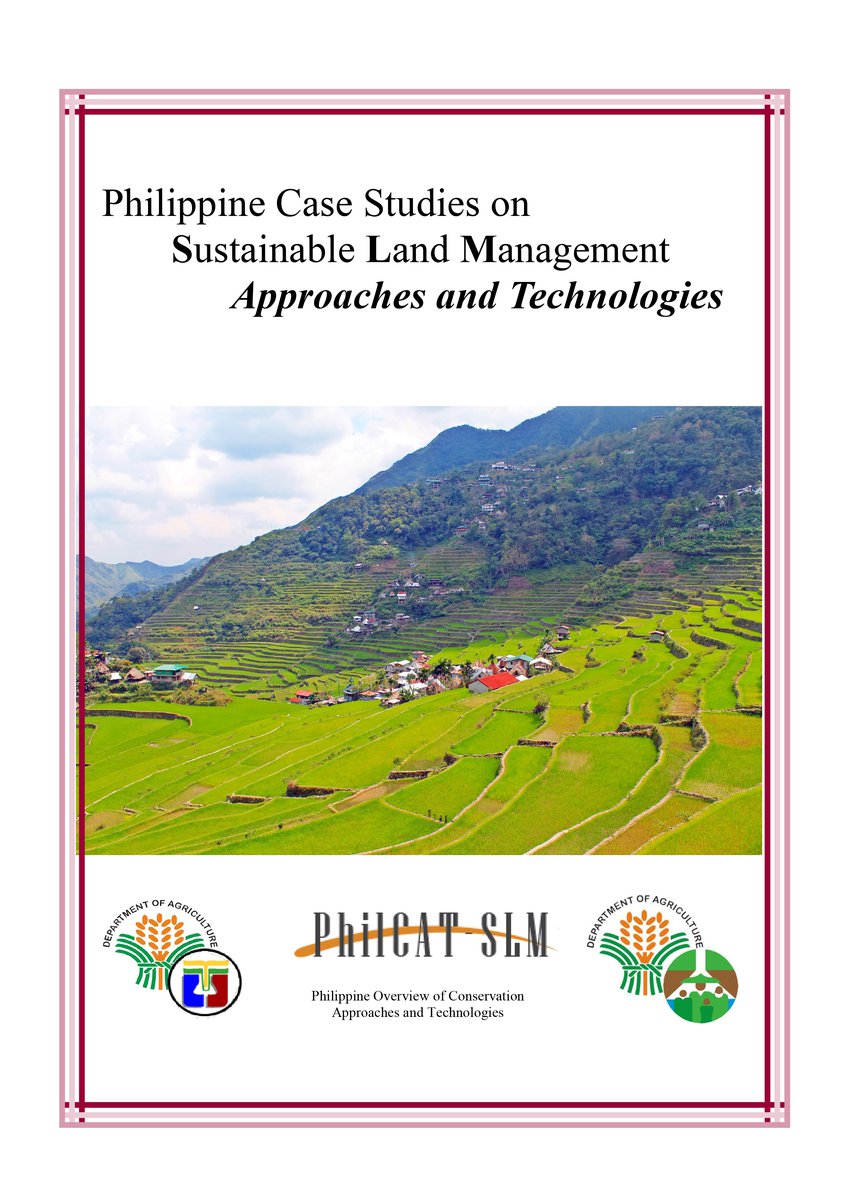

Links
For further information on SLM activities in the Philippines visit:
- PhilCAT-SLM page on the WOCAT website: PhilCAT-SLM
- PhilCAT-SLM page: PhilCAT official website
